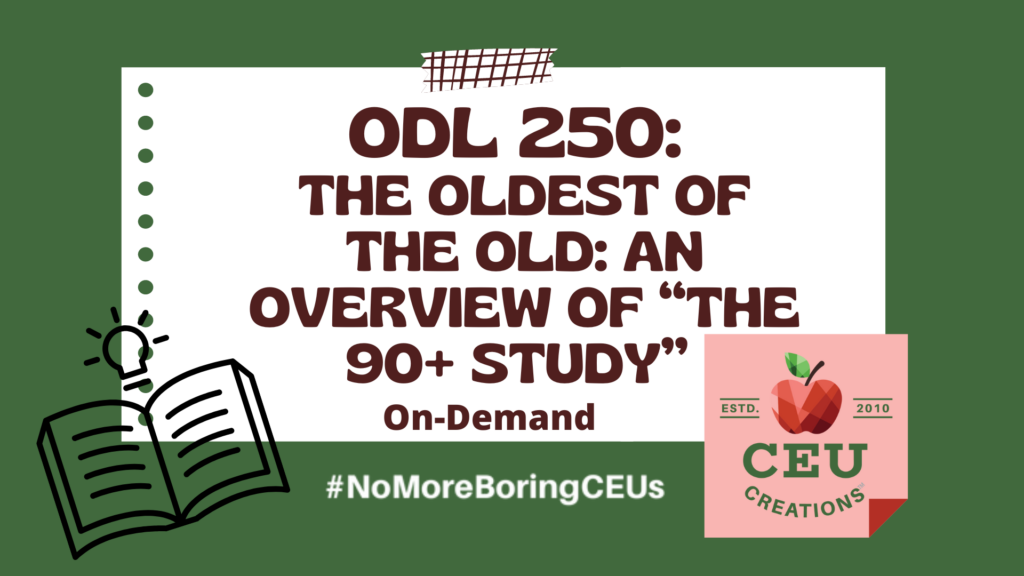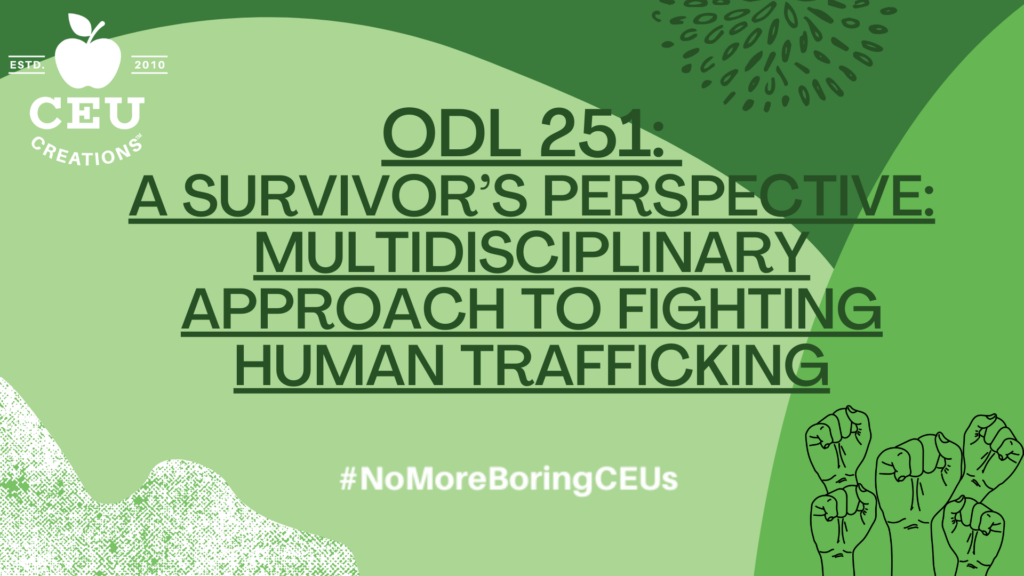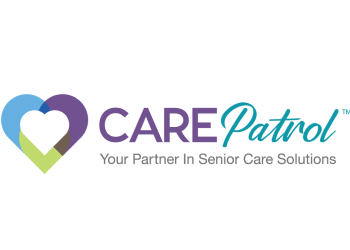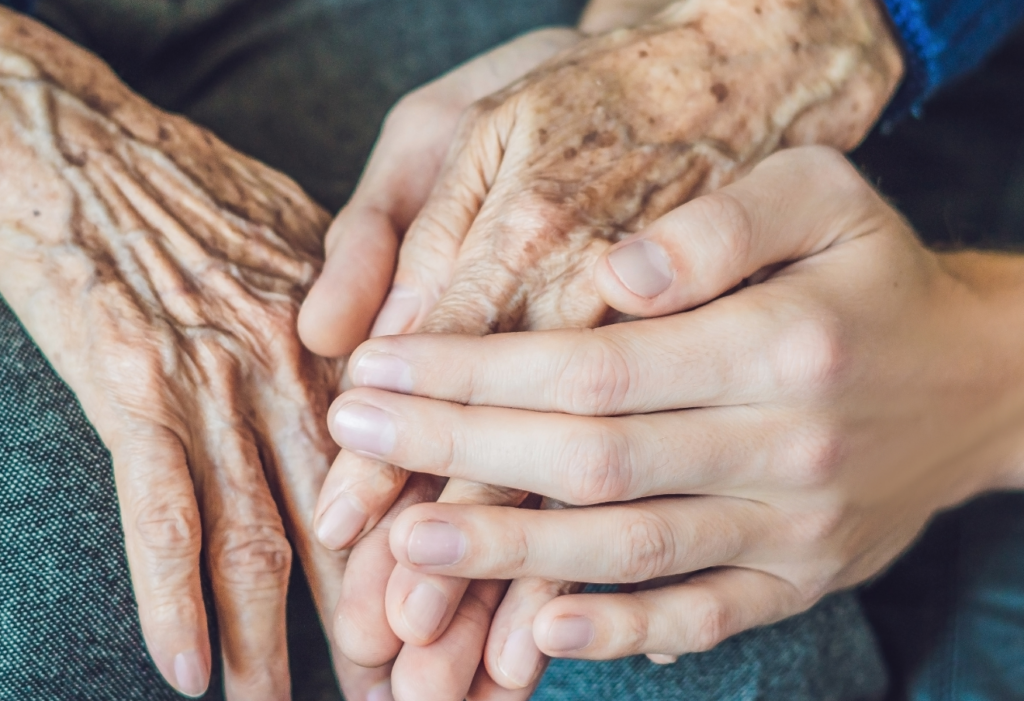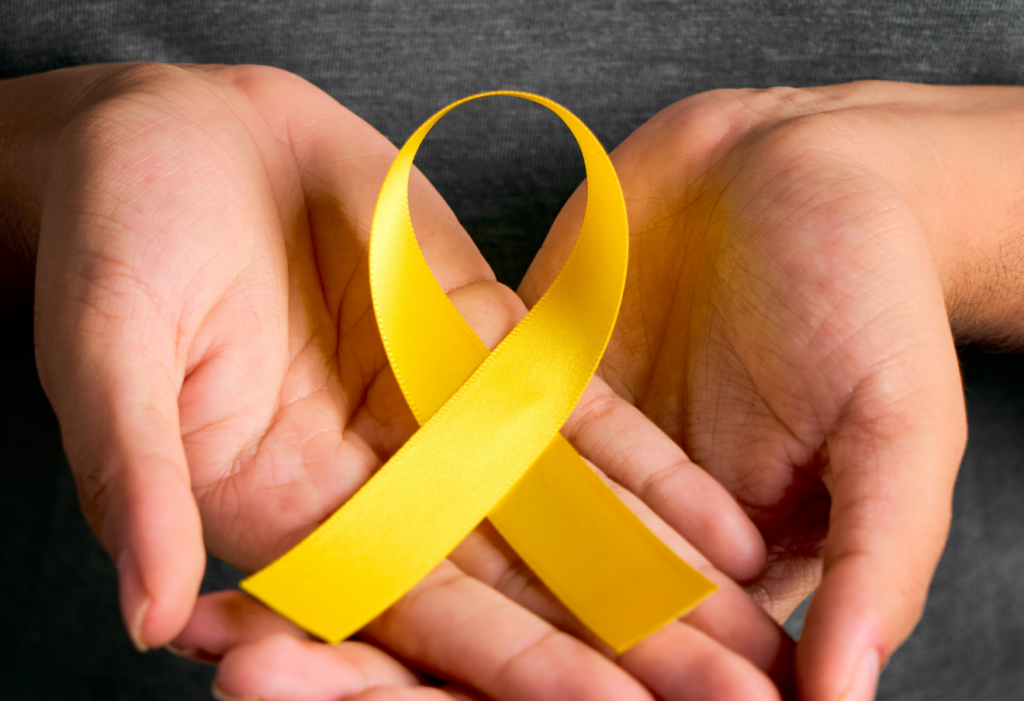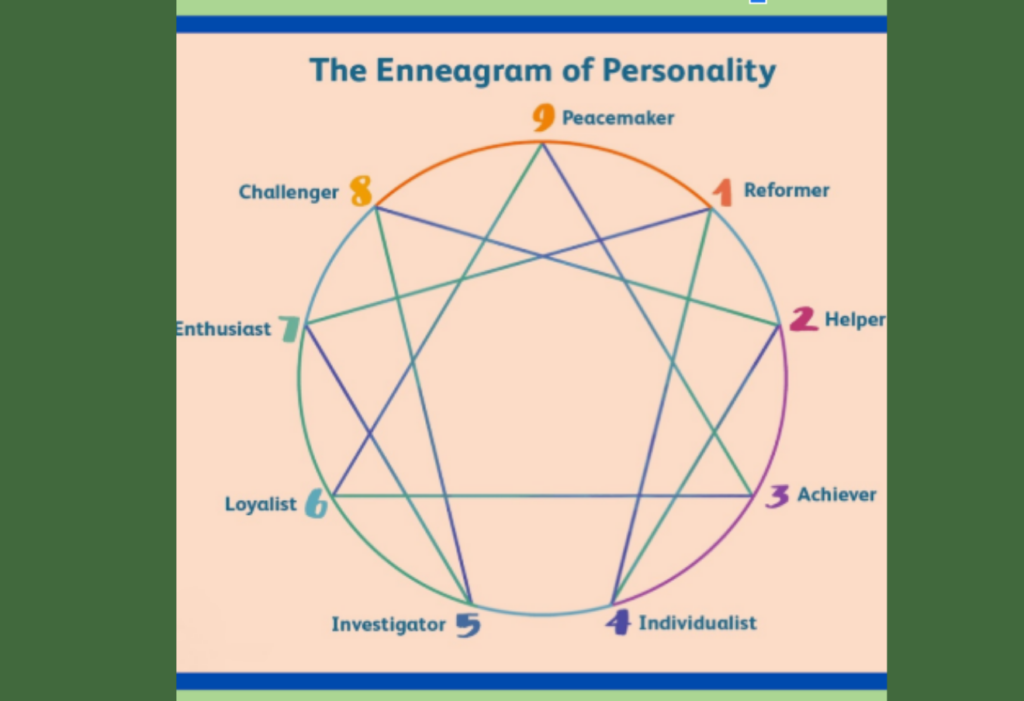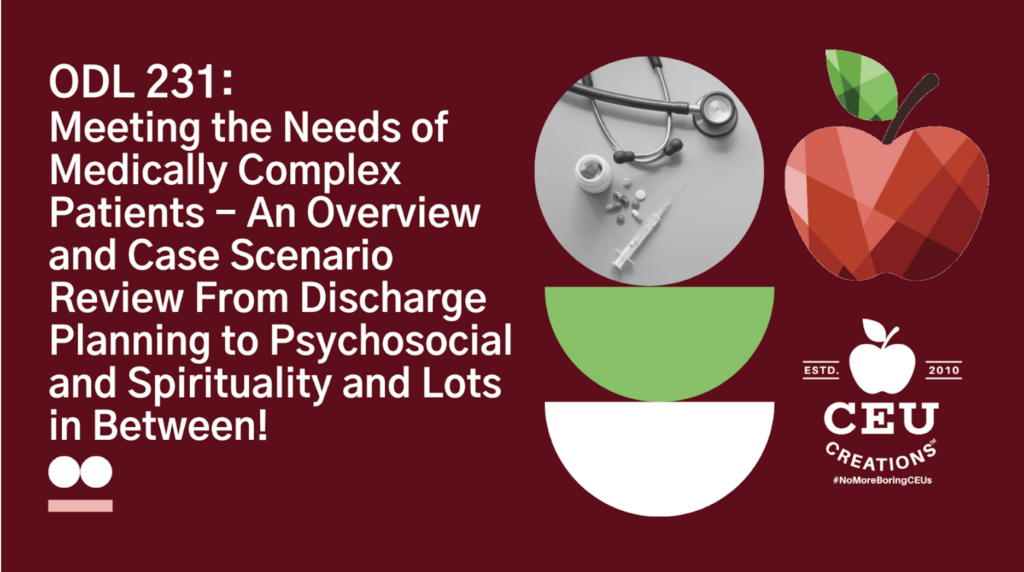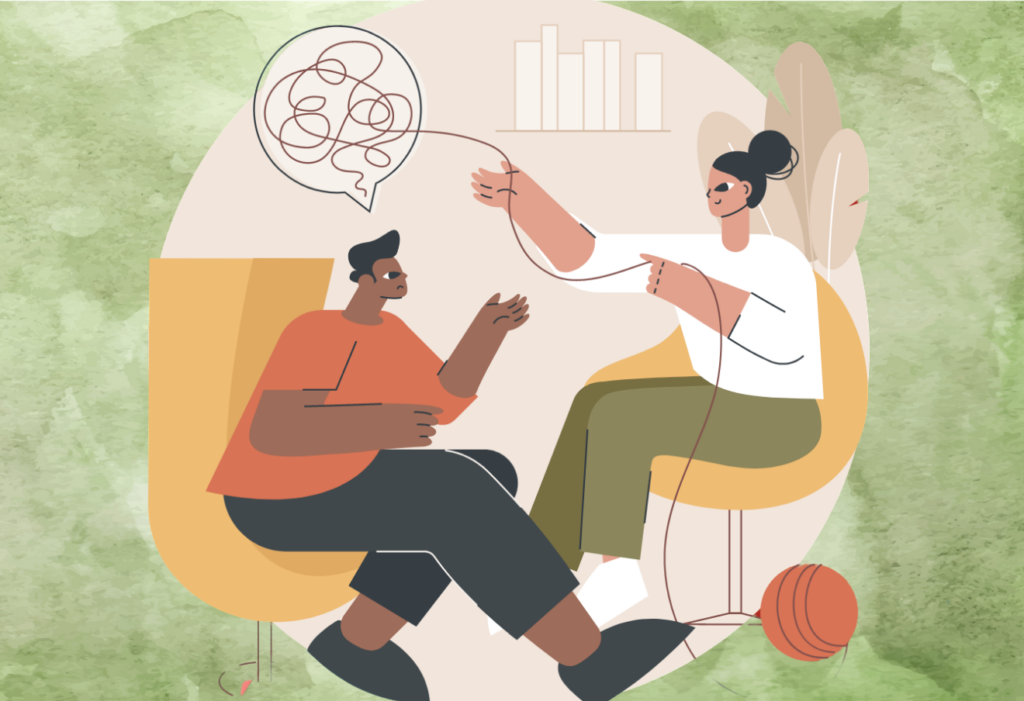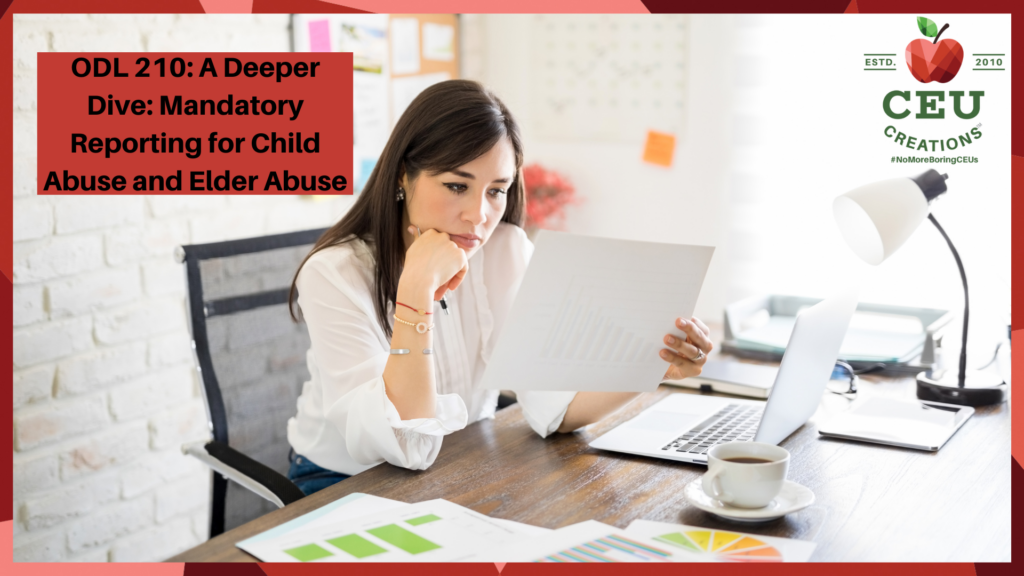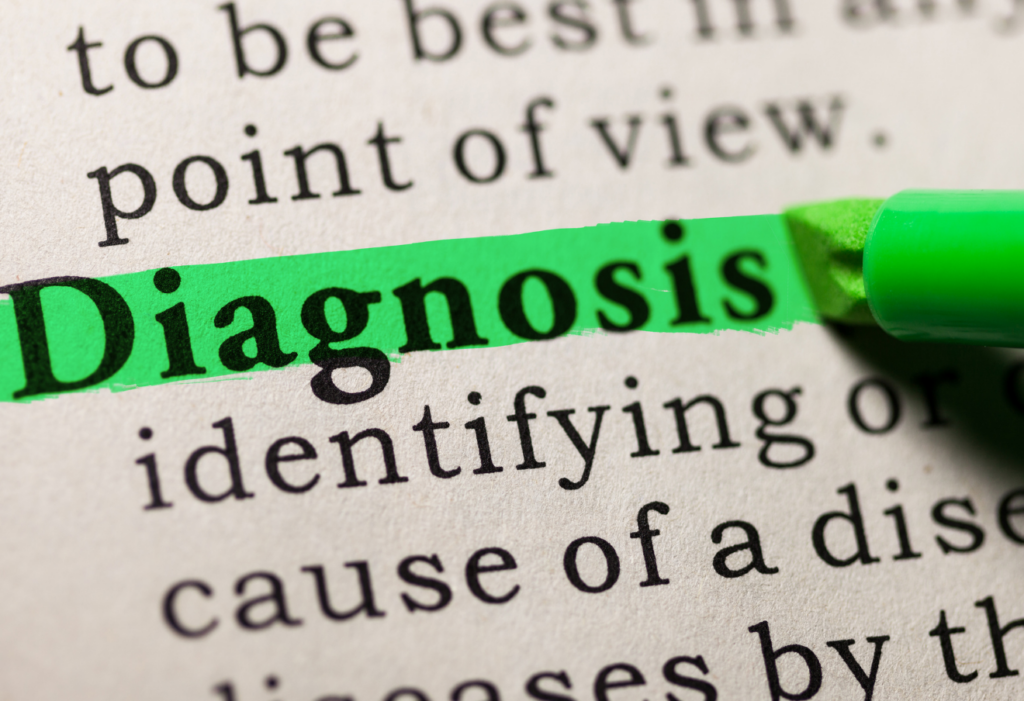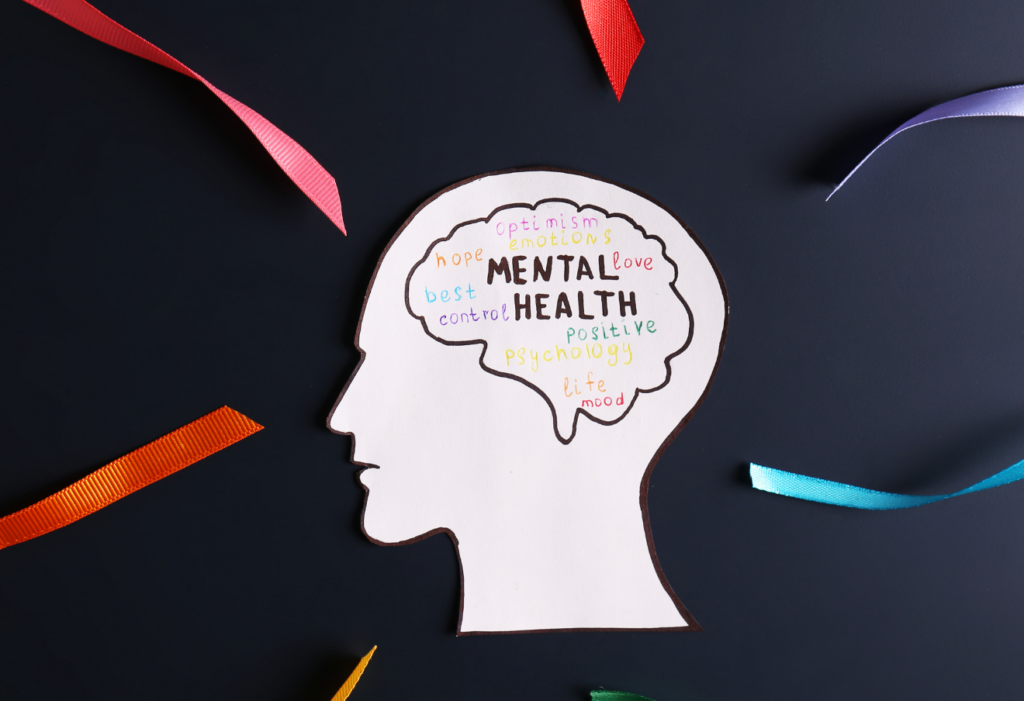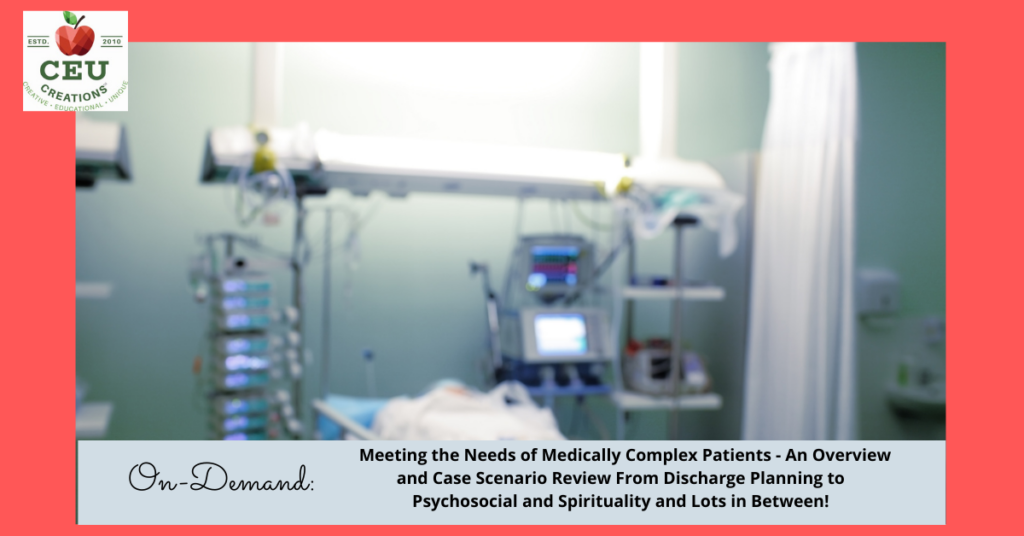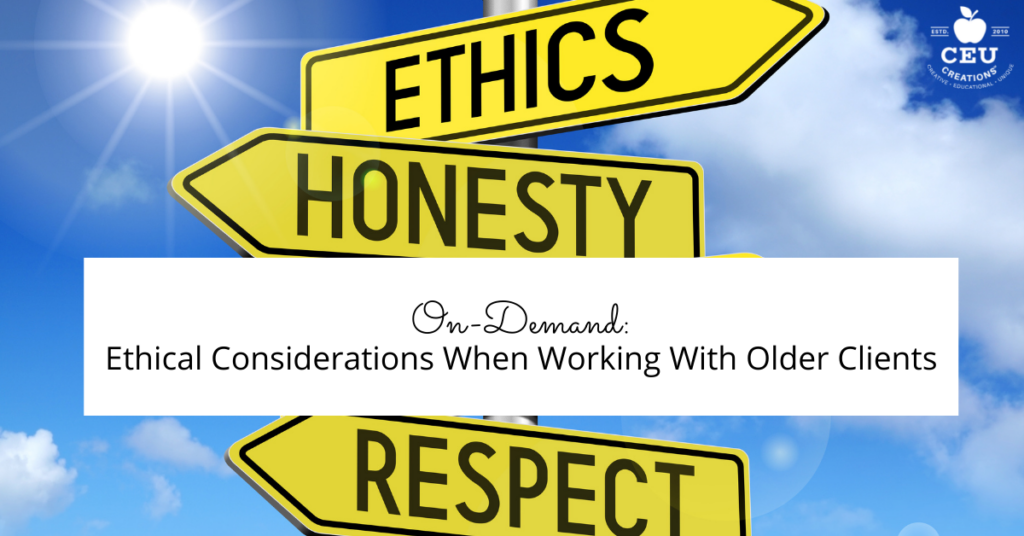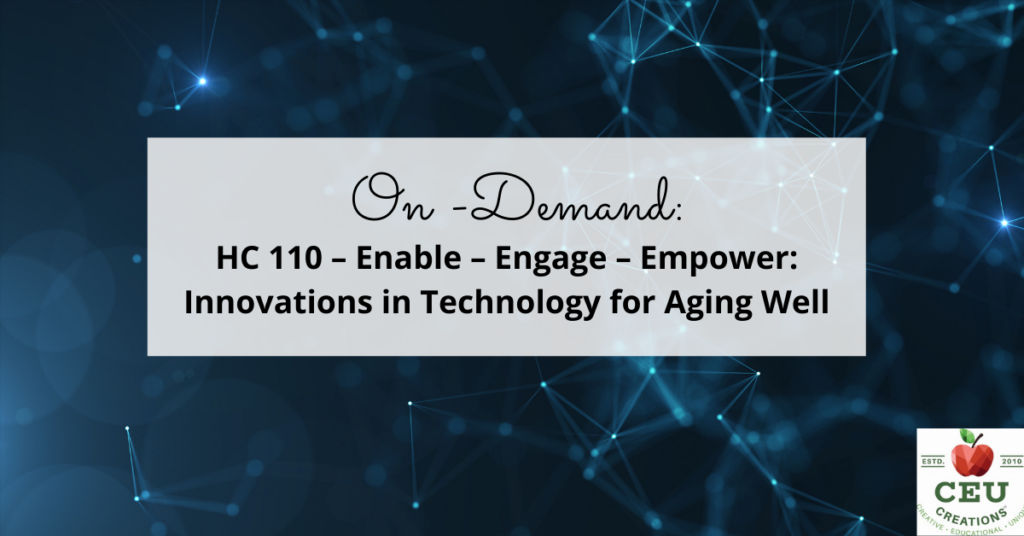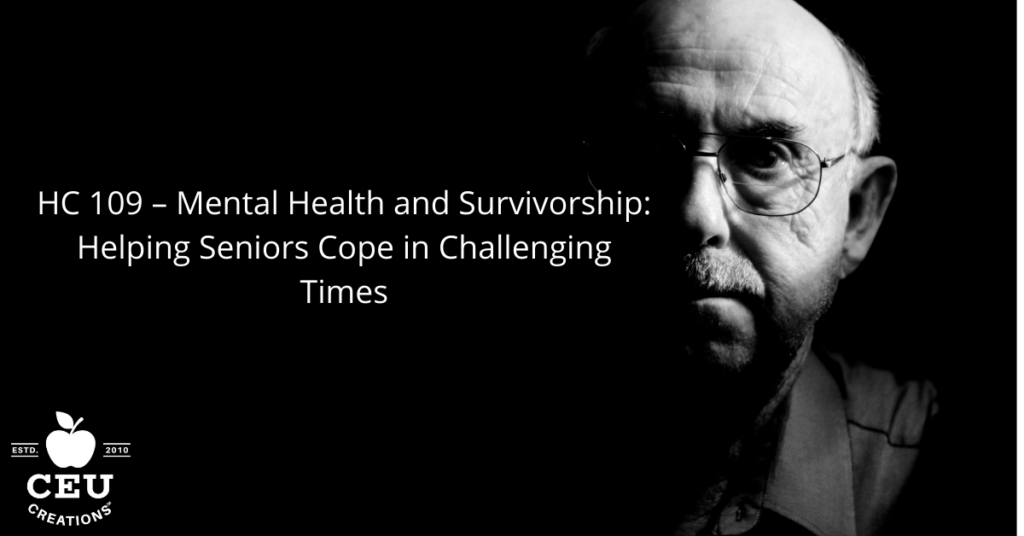
Please make sure to check with your own state board to ensure the transferability of CE credit for an asynchronous course. Some state boards may place restrictions regarding the modality of training required for ethics credits to be awarded. If this training indicates ethics credits are available, please verify that your state allows them to be earned through an on-demand course format.
1 CREDIT HOUR APPROVED FOR:
Social Workers
ASWB ACE – 1 CE Credit
New York State Education Department’s State Board for Social Work – 1 Contact Hour
Psychologists
APA – 1 CE Credit
Counselors
NBCC ACEP – 1 Contact Hour
New York State Education Department’s State Board for Mental Health Practitioners – 1 Contact Hour
Substance Abuse Counselors
NAADAC – This course is not approved for NAADAC Contact hours.
Nurses
California Board of Registered Nursing – 1 Contact Hour
Case Managers
CCMC – 1 Contact Hour
Created on 5/22/24 Revised on 7/8/25
Target Audience:
This course is targeted for social workers, psychologists, counselors, nurses and case managers.
Overview:
Helping professionals are often called upon to help others through their grief and loss even when they are experiencing those same feelings. Feelings of grief and loss can be compounded when circumstances surrounding the loss are traumatic as well. In this course, Gabby Jimenez, creator of The Hospice Heart, shares practical tips and tools to help you to feel more comfortable and confident at the bedside of someone who is dying.
Course Objectives:
By the end of the session – the participant will be able to:
- Identify three strategies for initiating conversations about death and dying
- Identify three skills needed for being at the bedside of someone who is dying
- Describe one tool that helping professionals can use to uphold dignity of those who are dying
Presenter:
Gabrielle Jimenez, LVN, CHPLN, Hospice Nurse, End of Life Doula, Author, Educator, and Founder of the Hospice Heart with over 144,000 followers
Gabrielle “Gabby” Jimenez is a hospice nurse, an end-of-life doula, and a conscious dying educator. She has written four books, writes a weekly blog, and has a hospice Facebook page which has 144,000 followers. Her focus is on trying to change the culture relative to death and dying; helping others to feel more comfortable talking about death. And while she sees a lot of death, what she really finds joy in, is her lessons, which are about love, life, culture, tradition, and faith. She combines her experience as a hospice nurse with her in-depth doula training to help her to be more present at the bedside, bringing both patient and family together at that intimate moment of death. She teaches courses on end-of-life care which are helpful to anyone who works in this field, offering guidance to someone who is navigating or caring for someone who has a terminal illness. She also teaches two Ritual & Ceremony classes; one that focuses on grief and loss, and another that focuses on forgiveness of self and others. The legacy she hopes to leave behind is that she helped improve the way people are cared for when they die, and that she inspired others to do this work well.



